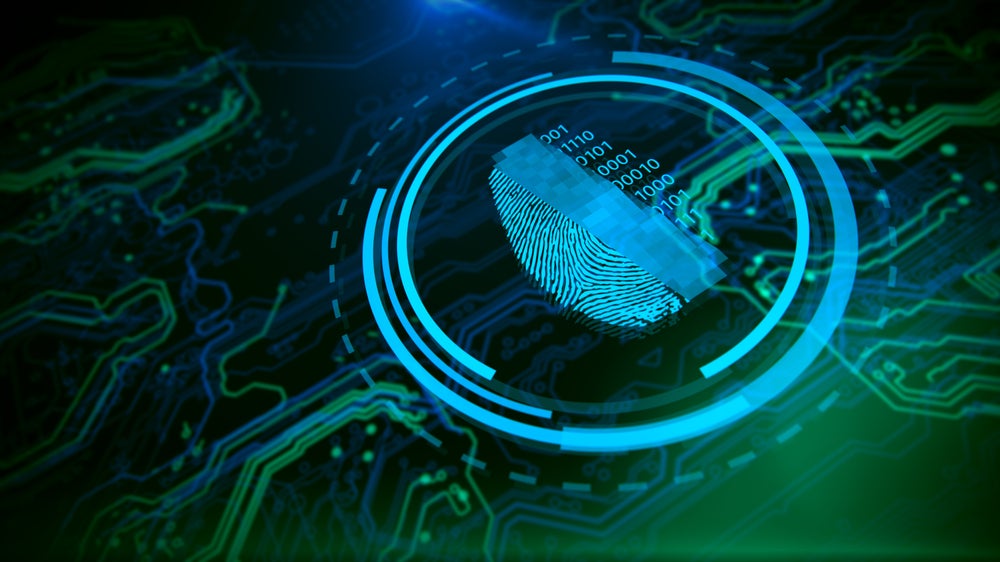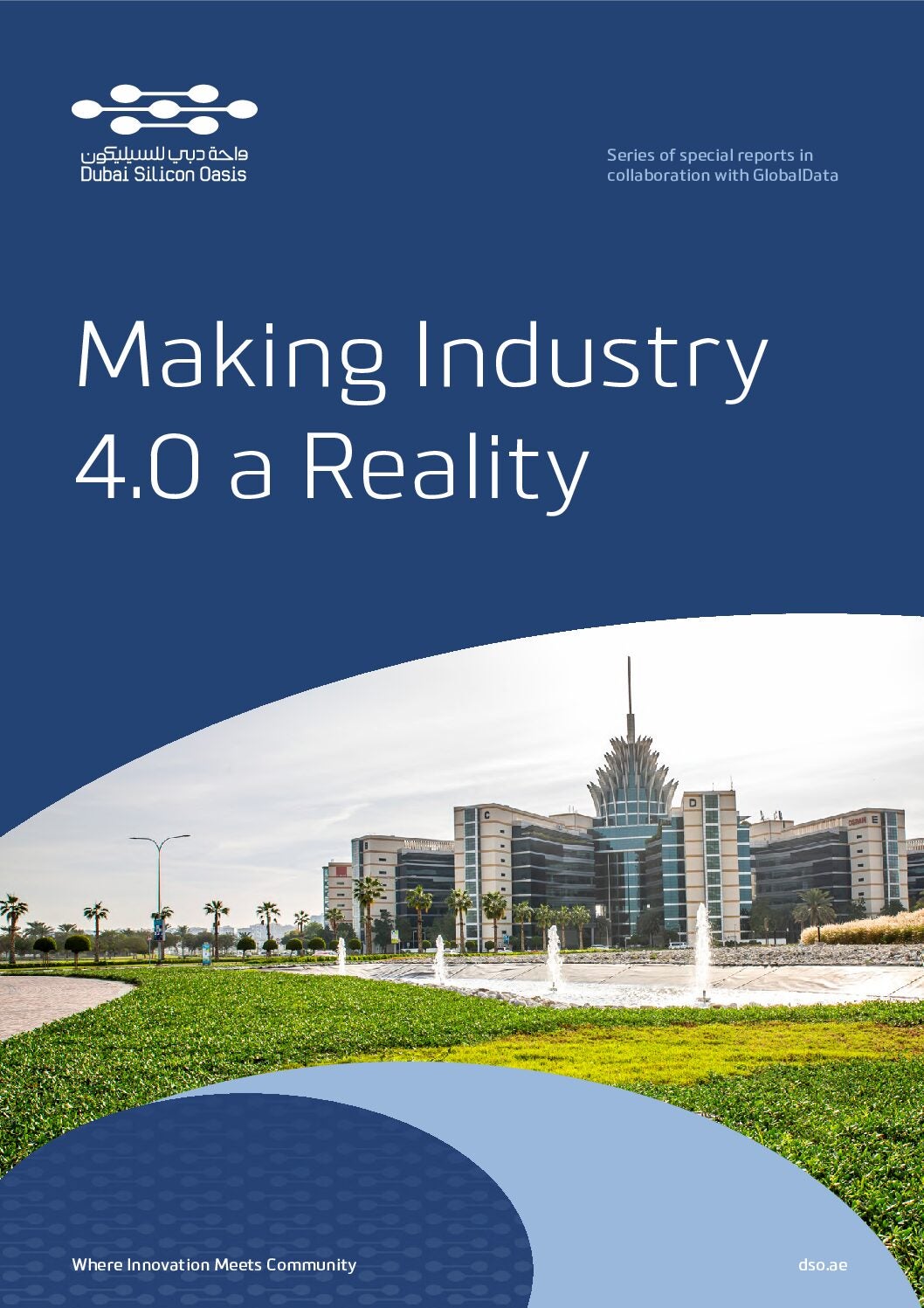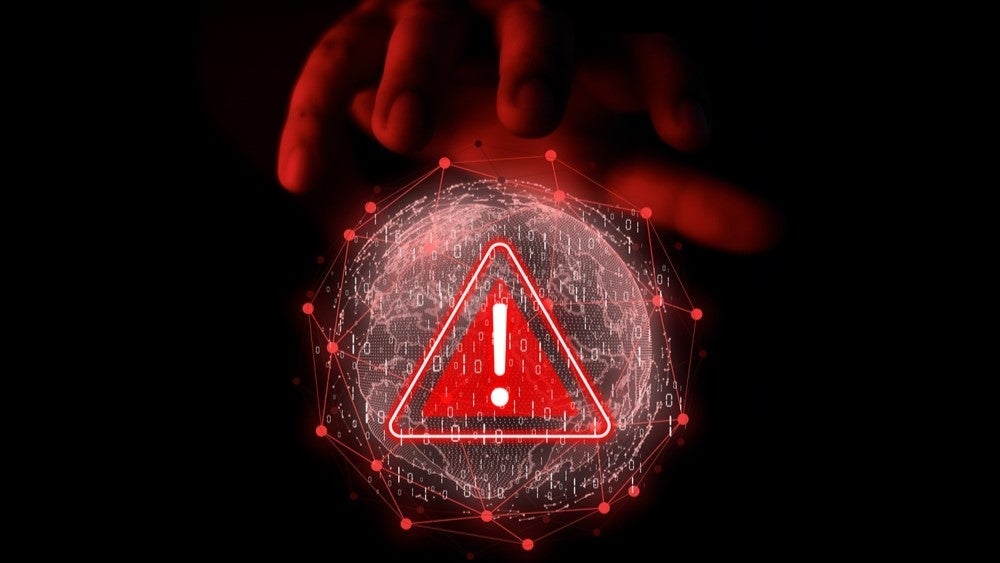From a market performance perspective, 2023 continued to be a difficult year for the world’s energy market, with some analysts speculating it to be one of the worst sectors in terms of crises, resulting in a cascaded impact effect both economically, globally and socially.
The United Nations Framework Convention on Climate Change (UNFCCC) and the Conference of the Parties to the Convention (COP), continues to strive in ambition and responsibilities, and identify and assess climate measures. As well as progress towards the existing Paris goals, COP28 in Dubai gained agreement on a number of areas, covering fast-tracking the move to clean energy sources, to cut greenhouse gas emissions before 2030, delivering money for climate action from richer to poorer countries, and working on a new deal for developing nations.
Cybersecurity providers and the energy sector
Summarizing, from a vertical perspective, cybersecurity providers need to be mindful on the overall economic dynamics of the energy sector, and looking back 3 to 4 years, the Covid-19 pandemic in particular changed the dynamics of the energy sector in segments like sourcing natural gas and electricity, and in some cases doubled pricing. Also, the low-carbon economy is continuing to develop as a result of the efforts placed by COP initiatives in achieving net zero emissions, and the changing landscape and the impact that it has on the energy sector highlights a number of key scenarios moving forward.
Some of these include future changes in pricing and impact of energy sources, state governments and energy providers relative position to increase decarbonisation, and impact of geo-politics such as the war in Ukraine.
Drivers for technology adoption
The global energy sector like many other sectors is gaining momentum in digital transformation. However, the energy sector has been slow off the mark in comparison to other more mature segments like manufacturing and automotive.
Barriers to slow uptake historically included the high cost of system implementation in complex energy infrastructure configurations. However, pressures on the sector through increased electricity demand, reduction in greenhouse gas emissions and efficiency improvements and productivity is driving technology innovation in areas covering Artificial Intelligence (AI)/Machine Learning (ML), blockchain, Internet of Things (IoT), cloud computing, security and 5G, as means to improve businesses performance and operational processes, reduce risks and costs, and increase revenues.
How well do you really know your competitors?
Access the most comprehensive Company Profiles on the market, powered by GlobalData. Save hours of research. Gain competitive edge.

Thank you!
Your download email will arrive shortly
Not ready to buy yet? Download a free sample
We are confident about the unique quality of our Company Profiles. However, we want you to make the most beneficial decision for your business, so we offer a free sample that you can download by submitting the below form
By GlobalDataCybersecurity providers should create market relevancy through an integrated approach
The Energy sector is complex and consists of a highly interconnected eco-system, with different profile of players at various levels in their security journey.
These sector market dynamics will require cybersecurity providers and in particular managed security providers to have an ‘integrated’ approach to security across the energy value chain. This will require providers to proactively lead through a consultative led approach utilising their strong professional service credentials, homing in on risk management and business alignment.
Security providers should also be mindful of energy companies ambitions in reaching net zero emission commitments, influenced by COP initiatives, state governments, and their own position to increase decarbonization.
Strategic tactical considerations for large managed security providers (large systems integrators, telcos and vendors) include devising ways in how proliferation of digital devices could support client net zero commitments. This is addition to providers own net zero goals under their Environmental, Social and Governance remit.








